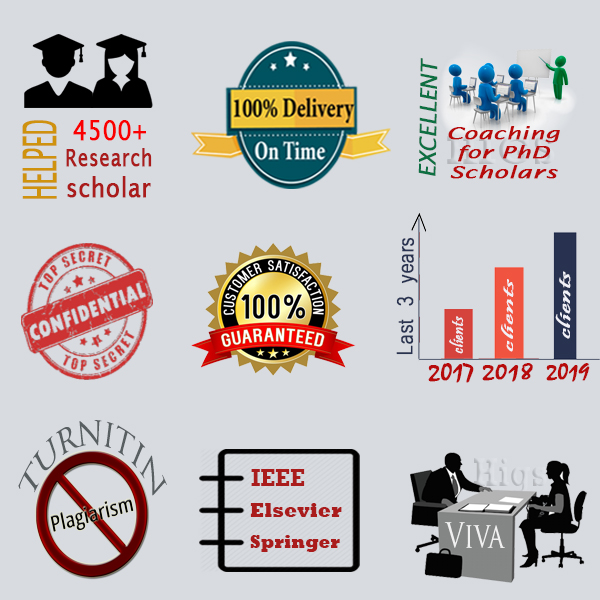The General Adaptation Syndrome by Hans Selye.
Selye 's General Adaptation Syndrome will be described in relating to this stressful situation as well. Furthermore, the author will explain hardiness as a stress mediator and how to incorporate this stress mediator in the nursing practice.The General Adaptation Syndrome Psychology Essay. 4836 words (19 pages) Essay in Psychology.. General Adaptation Syndrome. The second major contributor to stress research was endocrinologist Hans Selye. Selye was working to discover a new hormone by injecting ovarian extracts in to rats and observing the physiological effects.The General Adaptation Syndrome Hans Selye believed that the stress reaction includes three different phases: alarm, resistance and exhaustion. He defined this phenomenon as the General Adaptation Syndrome (GAS) which contains the direct effect of stress on an individual, the endogenous reaction to fend an impending damage and the.
Endocrinologist and Scientist Hans Selye (1907-1982) introduced the “General Adaptation Syndrome” (GAS) theory in 1936. GAS is the three-stage process that describes the body’s response to stress. According to Selye, the stress response is the body’s “non-specific reaction to demands made to its internal equilibrium.”.Selye went on to identify three distinct stages of general adaptation syndrome — the initial alarm reaction stage which occurs shortly after the stressful event, followed by a resistance stage, during which body's Autonomic Nervous System (ANS) resists the impact of the stressful stimulus, and finally, if the stress continues, the exhaustion stage, when the body fails to cope with the.

G.A.S. Spells Stress As with so many wondrous discoveries of science and medicine, it was by chance that Hungarian-born Hans Selye (1907-1982) stumbled upon the idea of the General Adaptation Syndrome (G.A.S.), which he first wrote about in the British journal Nature in the summer of 1936.












